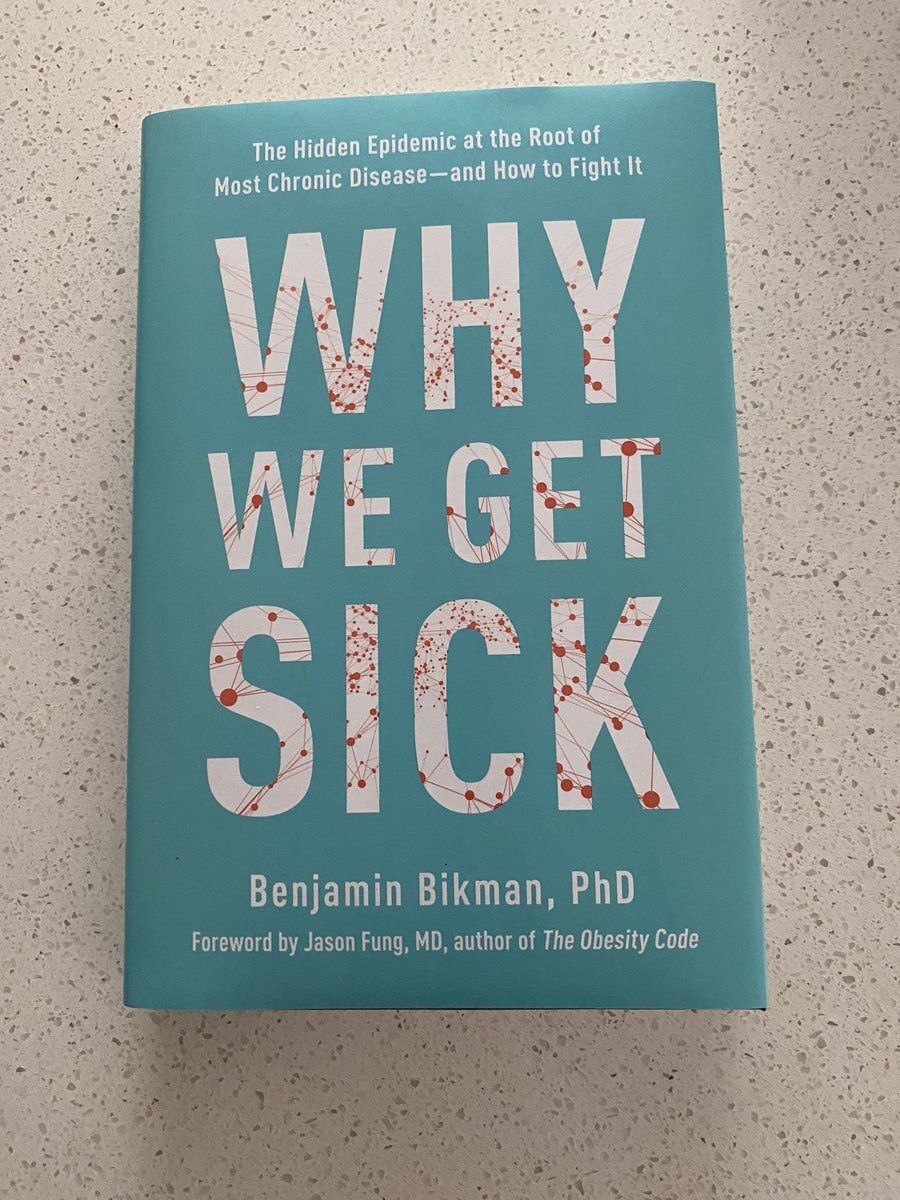
book summary: Why We Get Sick
TL:DR — We get sick because we are insulin resistant. (I saved you $25)
3 out of 5
What is Insulin Resistance and Why does it matter?
One of insulin’s main roles is the regulation of blood sugar, which rises and falls throughout the day in response to our choice of food and stress load. At its simplest, if you eat sugary foods or encounter stress your blood sugar rises, because high amounts of glucose circulating in the blood are dangerous, insulin is produced to drive it into the cell for energy, or store it in fat cells for later use. If this occurrence happens too frequently, there is a reduced response to the hormone insulin. It’s like listening to your friend bitch about the same thing day after day, eventually you get tired of hearing about it and stop listening. This is bad because it can lead to high blood glucose levels, or “hyperglycemia” — the universal sign of diabetes. Even worse, with higher levels of circulating glucose and insulin, come lower levels of brain and sexual function.
What makes us Insulin Resistant in the First Place?
Too much insulin causes insulin resistance — for every 1unit increase in fasting blood insulin, a person can experience a 20% increase in resistance. When a process excessively activated, the body will dampen its response to the excess stimulus in order to reduce the activation (think antibiotics and bacteria resistance). If a cell, whether liver or muscle, is inundated with insulin, it can do nothing to directly reduce the insulin the pancreas is producing, but it can alter itself to ensure that insulin has a smaller effect; becoming resistant. As this occurs in countless cells/tissues throughout the body the prevalence of insulin resistance rises.
How to Fight Insulin Resistance?
Stop eating processed carby foods and switch to whole foods. Additionally, move your body in a way that challenges it daily. As muscle contracts, it's able to take in glucose from the blood without using insulin, reducing the burden overall. Because movement enables this insulin-independent process, our blood insulin naturally lowers during and shortly after exercise.